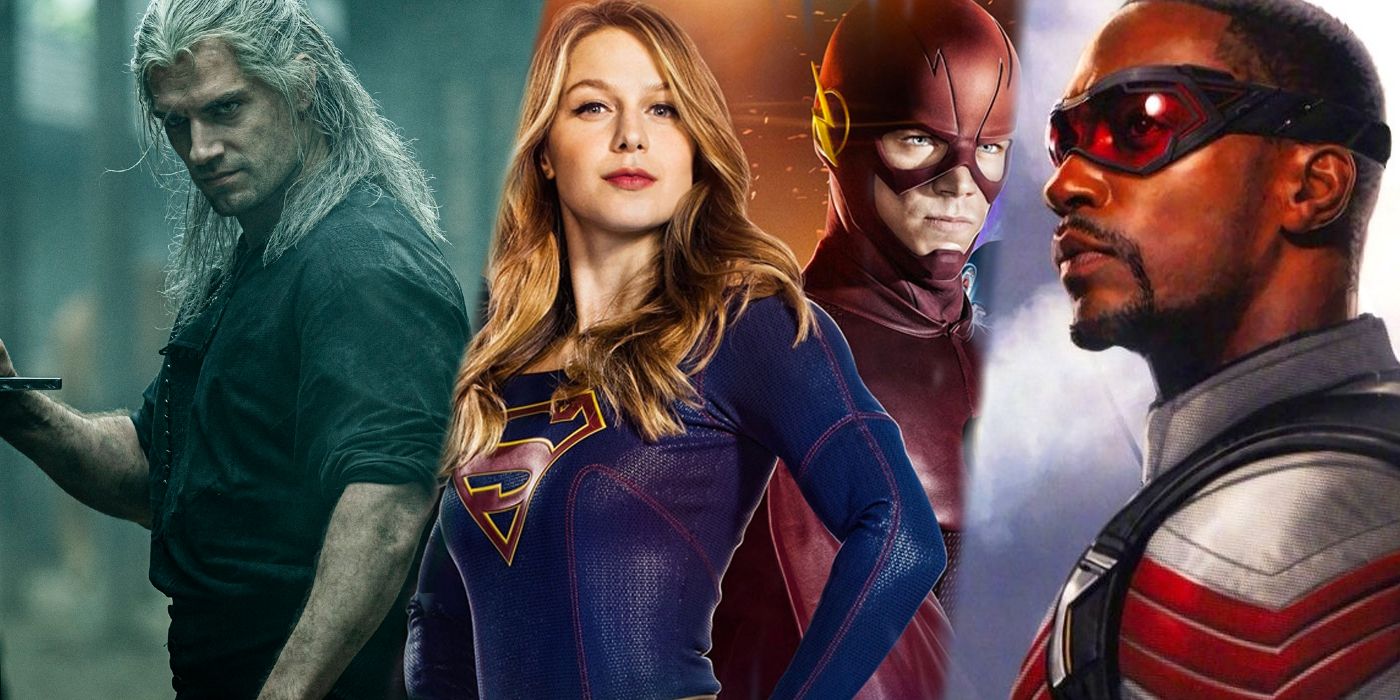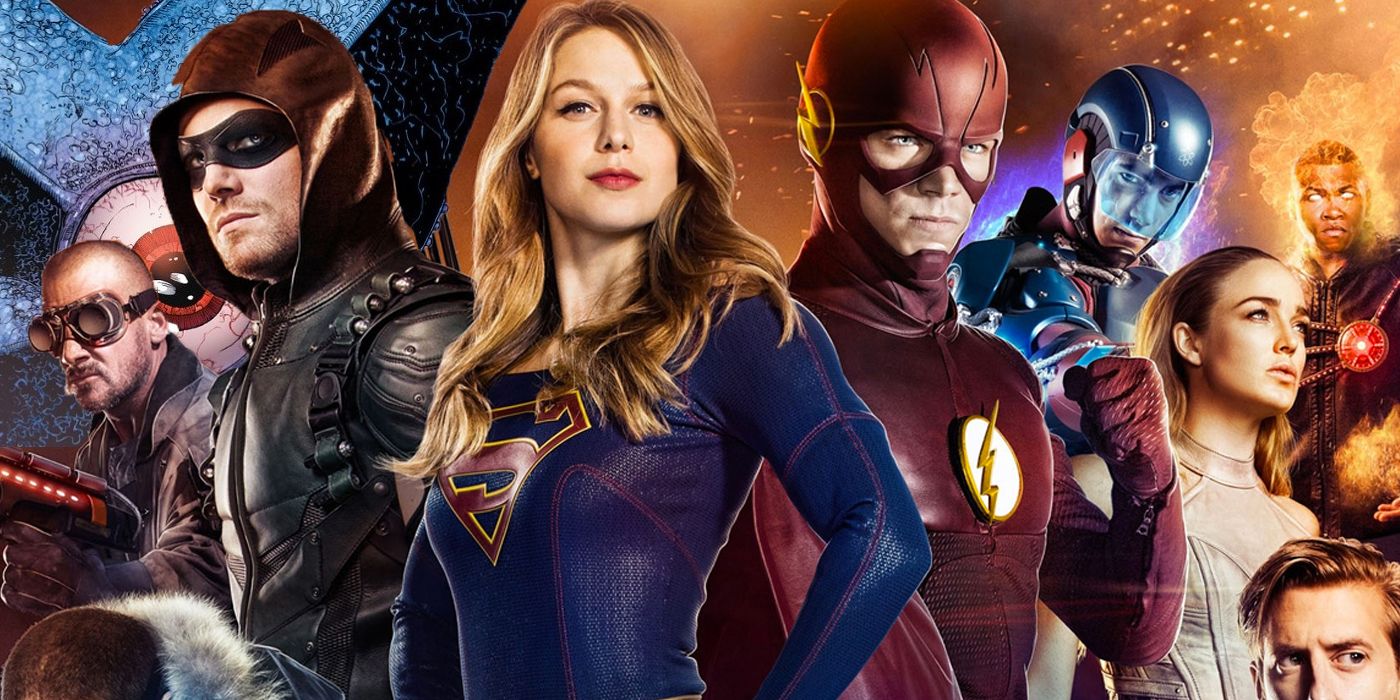The COVID-19 pandemic has caused the entire film and TV industry to be put on hold. This means a whole lot of shows that were already in production have been suspended. The last time something similar happened was the 2007 Writers Strike. Most scripted shows that were in production at the time ended up having shortened seasons, only able to produce a few episodes, if any, once the strike ended. History already started repeating itself when AMC announced Season 10 of The Walking Dead will end early with its season finale to air later this year.
With more shows in production than ever, it’s likely a few of your favorites will see their seasons cut short. Many of them will have to cram half a season’s worth of story into a few episodes. Others won’t get to conclude their arcs until the next season, if they get another. The finales will probably leave many viewers dissatisfied since they were designed to be part of the season.
While many shows end their seasons with a major cliff-hanger, many shows are being forced to adapt to the effects of the pandemic, which means these cliff-hangers will be much different than normal. A proper season finale concludes the long arc for the characters, and then typically uses a cliff-hanger to tease the next major arc we’ll follow when the show returns. A typical episode of a serialized show might end with a cliff-hanger, will be built upon or resolved within the next couple of episodes. Replacing the former with the latter won’t give fans the same feeling of resolve or reward.
Whether you’re binge-watching or catching a weekly episode for months, there’s a catharsis that comes with finishing a season of good television. The mysteries and questions get resolved and you get to see the characters you love develop and learn their lessons. They reward your commitment by answering the questions you have. Many of the shortened seasons won’t have this major resolve which will make many fans feel cheated. They are promised to be taken on a full journey but will end up leaving part of the way through. Their commitment and emotions tied to the characters won’t get their proper reward when all we get is build-up with no climax.
Many of the upcoming shortened seasons will likely end on, what should’ve been, their mid-season finales. This is where a huge plot development or cliff-hanger ends the episode. The problem is these aren’t typically designed to resolve any issues, only create new ones or escalate what’s already there. We end the season with, possibly, more questions than when it started, leaving us unsatisfied in this arc of the show.
This also won’t build-up the same amount of anticipation for the following season. Season finales are meant to open up a multitude of new doorways for characters to continue their journeys. This is to make sure that over the long hiatus, viewers remain curious enough to return to the show. This is especially important in today’s age of the internet when every show has its own message board and fan theories floating around. A good finale will keep a show relevant while it’s off the air and bring in new fans from it.
A typical episode’s ending won’t prompt the same questions or pique someone’s curiosity the same way. Letting that be the lasting impression won’t keep it as relevant since it doesn’t offer as many talking points. For many people, being able to discuss different aspects of the show is a major part of the TV experience. They want to be able to pick it apart and dissect everything with other people but can’t do as much of it when there isn’t a whole lot to examine.
Cutting off the story also creates difficulties for shows when they have to follow up with another season. A long wait for a cliff-hanger to be resolved builds up the anticipation and raises expectations. TV writers know this, so a season-ending cliff-hanger typically requires most, if not all, of the following season to fully resolve. You’d probably be disappointed if you waited months or a year only for it to be fully resolved in the season premiere. If your questions become part of another long-running arc, it makes the wait feel worth it. This is a challenge many writers’ rooms will face once they go back to work. It will be a difficult task to handle what fans naturally expect from a series while making sure the story doesn’t feel muddled or rushed.
Obviously, this will affect serialized shows much more than those without as prominent of season arcs. A lot of comedies, like Brooklyn Nine-Nine and South Park won’t show the effects as much, but for many others, it will be a lingering effect of the times we’re living through.



